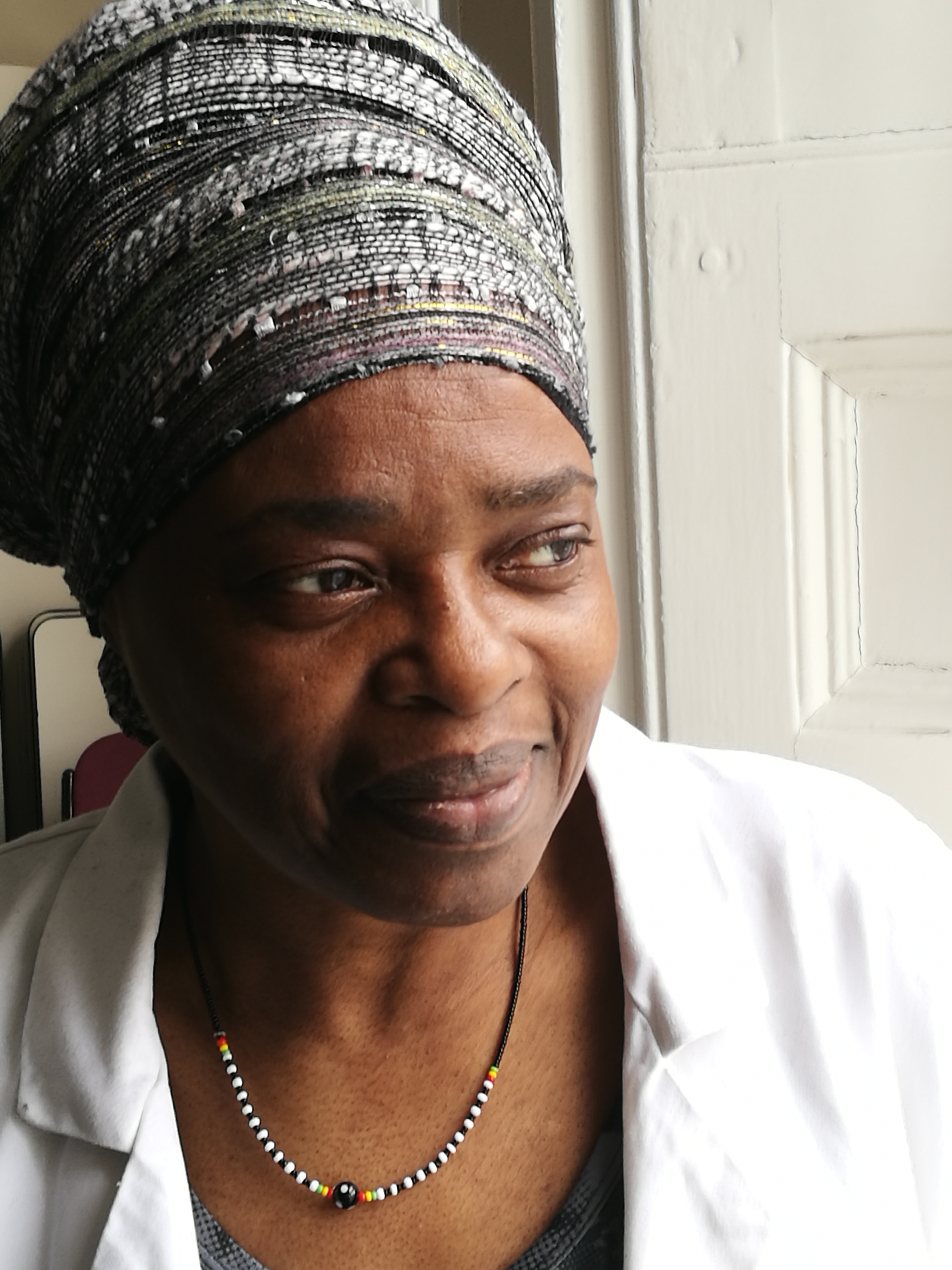Fitness to practice policy
Introduction
Fitness to Practice is defined as a student’s ability to demonstrate the requirements and responsibilities of the acupuncture profession related to their course of study. Kingston University identifies two types of Fitness to Practice: that which relates to students’ conduct (General Regulations 4a) and that which relates to students’ health/disabilities (General Regulations 4b). The Kingston University Fitness to Practice procedures will be followed in all cases of Fitness to Practice at CICM.
Cases are dealt with on an individual basis and Fitness to Practice cases will be dealt with by CICM who will in turn communicate with the University via the Faculty representative on the University Fitness to Practice committee.
Student expenses associated with these Regulations will not be reimbursed by the University regardless of the subsequent outcome.
Students have a personal responsibility to maintain and manage it and make decisions about whether they are able to treat patients competently. To do this they need insight and understanding into their own health and the ability to ensure that they can be responsible for the health and wellbeing of patients.
Insight and understanding means that students have a realistic, informed idea of their limits to competence and they understand the need to remain within the scope of practice laid down by the British Acupuncture Council’s (BAcC) Standards of Practice. This ensures that patients are not put at risk and that students or practitioners are not a danger to themselves.
There may be times when Fitness to Practice is ‘impaired’ (affected negatively). This may either be permanently or for a certain period of time. If this is the case it needs to be effectively monitored (see below ‘Dealing with Concerns about Fitness to Practice’). A fitness to train is not a guarantee of a Fitness to Practice so while a student may be eligible to study acupuncture they will also need to show a Fitness to Practice before they will be eligible to apply for membership to the BAcC.
Codes that provide guidance to Fitness to Practice
This BSc Honours degree course is validated by Kingston University and accredited by the British Acupuncture Accreditation Board (BAAB) under the auspices of the BAcC and it is a condition of this recognition that students agree to be guided in their professional behaviour by its Code of Professional Conduct, Code of Safe Practice and Standards of Practice for Acupuncture (all available from the BAcC website on www.acupuncture.org.uk.)
Further guidance can be obtained from the Clinical Code of Conduct.
Monitoring Fitness to Practice and student’s annual declaration
Applicants and students are required to sign an annual declaration form at the start of each academic year stating that they are safe to Practice. All offers of a place on the courses are subject to a declaration about their Fitness to Practice and any criminal record.
The College also has an obligation to ensure students do not proceed with their studies if they are not well enough to do so, or if they are not considered suitable to embark on the course of study for reason of Fitness to Practice.
It is important for applicants and students to ensure that they fully disclose all material facts. If a student is uncertain as to the relevance of any particular fact, it is better to disclose it.
All students will be assessed on their fitness to practice during the Level 6 module Developing Professional Practice AC6126.
A student who fails the fitness to practice element and / or fails all allowed attempts of the warning features examination, but has achieved an aggregate pass in the module AC6126 and achieved the required credits for the award of an honours degree will be awarded the non-accredited degree of BSc (Hons) Chinese Medicine (Theory).
Areas covered by Fitness to Practice
Specific Fitness to Practice issues are ones that might impair a student’s ability to Practice acupuncture and includes areas such as:
- Severe emotional, psychological or physical illness or disability, which might impair your ability to Practice acupuncture
- Dependence on alcohol or drugs
- Criminal records (in relation to certain offences)
- Concerns regarding attitudes and behaviour including honesty
There is no exhaustive list of issues, but good health and good character are fundamental to Fitness to Practice.
Below is a definition of some qualities required of a student and qualified practitioner[1].
Good Character
Good character is central to Fitness to Practice in that acupuncturists must be honest and trustworthy. Students’ good character is based on their conduct, behaviour and attitude. It also takes into account any convictions, cautions and pending charges that are likely to be incompatible with professional registration and the College expects students to honestly declare any convictions on an annual basis. A student’s character must be sufficiently good for them to be capable of safe and effective practice.
Good health
This is necessary to undertake practice as an acupuncturist. Good health means that a student must be capable of safe and effective practice. It does not mean the absence of any mental or physical disability or health condition. Many disabled people and those with health conditions are able to Practice with or without adjustments to support their practice.
Poor health and its implications
If students are in poor health it means that they are affected by a physical or mental health condition that impairs their ability to Practice without supervision.
If students have a disability or a health condition, or have pending charges, a conviction or a caution, it will not necessarily prevent them from commencing the course or from becoming an acupuncturist. It is our experience that concerns regarding the Fitness to Practice of applicants or students are only a problem in a very small number of cases.
Seeking guidance
If students are concerned about Fitness to Practice issues when applying for the course, in certain circumstances, a panel of two College Executive Committee members will be convened to review individual circumstances in detail and to advise on the appropriateness of admission to or continuation on the course (please ask the Registrar for details of this process).
If applicants or students are worried that they will not be eligible to become a BAcC member once qualified they can seek guidance from the Professional Conduct Officer at BAcC.
The College will do all it can to ensure that all Fitness to Practice issues are investigated thoroughly but cannot be held responsible in the event of such issues preventing students from being admitted to the BAcC.
Expectations of students and graduates
If a student’s performance or judgement is affected by their health they may need to limit the way they Practice.
Before graduating from the College, students must consider whether they have the skills and training they need to Practice safely.
They are also expected to:
- Assess and review their own Fitness to Practice;
- Restrict or adapt their practice if anything (including their health, a disability, their skills or anything else) affects their Fitness to Practice.
This is a general expectation, which applies to all students and graduates not only those who consider themselves to have a health or disability issue, or those students who have told us about their health or disability.
Students will also be expected to pass the Professional Attitudes and Behaviours assessment and to sign and abide by the Clinical Code of Conduct.
Dealing with concerns about Fitness to Practice
If concerns are raised about Fitness to Practice while studying on the course, as a result of a student’s self-declaration or of concerns of College staff, a Fitness to Practice committee will be convened in order to deal with this.
[1] Edited from the Nursing and Midwifery Council website for more information go to:
http://www.nmc-uk.org/Students/Good-Health-and-Good-Character-for-students-nurses-and-midwives/














